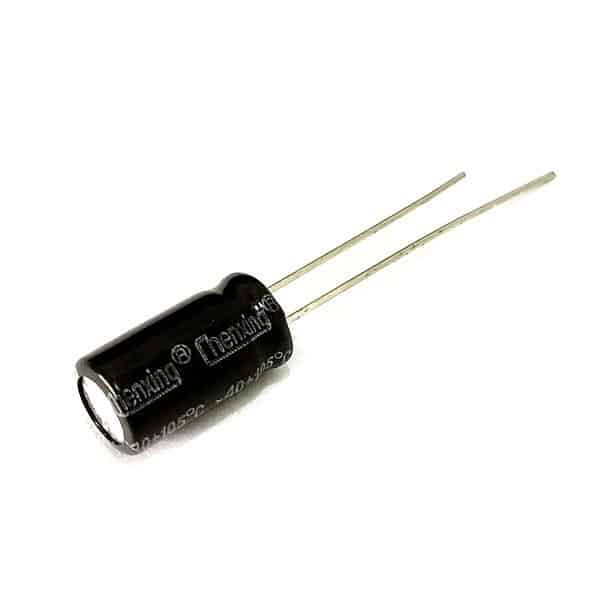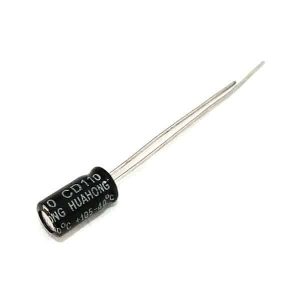In the realm of electrical engineering, capacitors play a vital role in various applications, particularly in motors. These devices are not mere passive components but rather dynamic energy storage units that significantly impact motor functionality. In this article, we will delve into the main function of capacitors in motors, exploring their essential role in power transmission, efficiency enhancement, and overall motor performance.
- Power Factor Correction:
One of the primary functions of capacitors in motors is power factor correction. Power factor refers to the ratio of real power (used to perform work) to apparent power (total power supplied). Motors often exhibit a lagging power factor due to inductive loads. Capacitors, when strategically connected in parallel to the motor, help offset this lag by introducing reactive power, thereby improving the power factor. This correction not only optimizes energy consumption but also reduces electricity costs and minimizes strain on the power grid. - Starting and Running Capacitors:
Capacitors are also crucial in motor starting and running operations. Starting capacitors provide an initial boost of power during motor startup, compensating for the high inrush current required to overcome inertia. These capacitors are typically disconnected once the motor reaches its operating speed. On the other hand, running capacitors remain connected throughout the motor's operation, continuously improving its efficiency and performance. By providing reactive power, running capacitors enhance torque production, reduce motor heating, and ensure smoother operation. - Voltage Regulation and Transient Response:
Capacitors contribute to voltage regulation and transient response in motors. Voltage fluctuations can occur due to varying loads or external disturbances. Capacitors act as voltage stabilizers, absorbing excess voltage during high-demand periods and releasing stored energy during low-demand periods. This regulation ensures a stable voltage supply to the motor, preventing damage and ensuring consistent performance. Additionally, capacitors enhance transient response by rapidly supplying additional power during sudden load changes, maintaining motor speed and stability. - Harmonic Filtering:
In modern motor systems, harmonics generated by non-linear loads can disrupt power quality and cause inefficiencies. Capacitors, when appropriately sized and configured, act as harmonic filters by absorbing and neutralizing these unwanted harmonics. By reducing harmonic distortion, capacitors improve motor efficiency, reduce heat generation, and extend the lifespan of motor components. This function is particularly crucial in industries where precision and reliability are paramount.
Conclusion:
Capacitors are indispensable components in motor systems, offering a multitude of benefits that go beyond basic energy storage. From power factor correction to voltage regulation, harmonic filtering, and enhancing motor performance, capacitors play a pivotal role in ensuring efficient and reliable motor operation. Understanding the main function of capacitors in motors empowers engineers and technicians to optimize motor systems, leading to improved energy efficiency, reduced costs, and enhanced overall performance.



+ There are no comments
Add yours